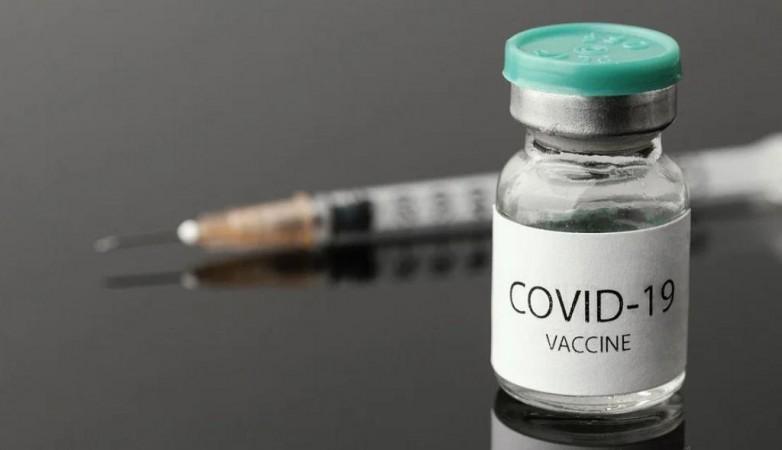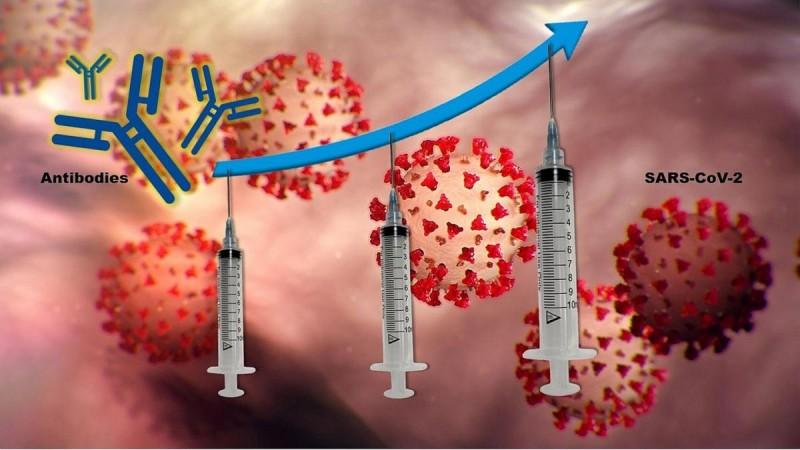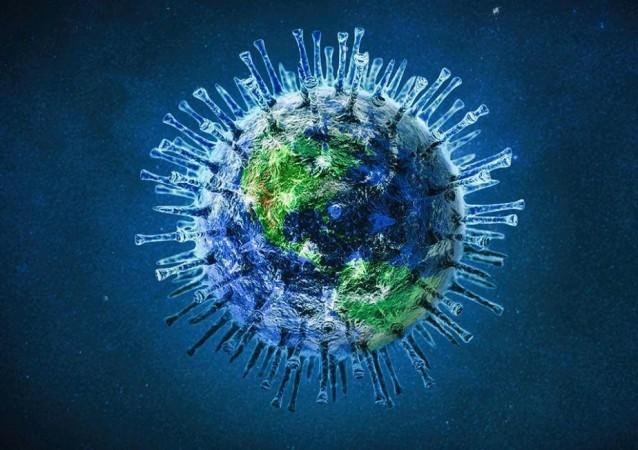For most countries, 2021 has been about vaccinating their populations against COVID-19, with a particular focus on high-risk sections. Organ transplant recipients are one such group who are at an increased risk of the SARS-CoV-2 coronavirus infection. Now, a new study states that individuals who have received solid organ transplants may require three doses of COVID-19 vaccines to receive better protection against the novel coronavirus.
According to the study by researchers from Johns Hopkins Medicine, which is a follow-up to two earlier studies of theirs, three doses of COVID-19 vaccine are required for the production of ideal levels of antibodies to combat the SARS-CoV-2 virus. The study suggests that booster doses may serve as a solution for improved protection against COVID-19 in immunocompromised individuals.
"Our findings suggest clinical trials are warranted to determine if transplant recipients should receive COVID-19 vaccine booster doses as standard clinical practice, similar to what is currently done with hepatitis B and influenza vaccinations for this population," said Dr. William Werbel, lead author of the study, in a statement.
A Third Dose for Protection

Individuals receiving solid organ transplants such as kidneys, hearts, and lungs, are often prescribed drugs to suppress their immune system. This is done in order to ensure that the patient's body does not reject the newly transplanted organs. However, such treatments can impair the capacity of the recipient's body in producing antibodies against foreign substances. Unfortunately, it also includes protective antibodies generated as a response to innoculations.
In two earlier studies, the team tried to ascertain the level of antibody protection that COVID-19 vaccines conferred to organ transplant patients. The first study found that, after the first dose of vaccine, only 17 percent of enrolled transplant recipients produced adequate quantities of antibodies. Through the second study, the authors gleaned that the levels improved to 54 percent of participants after the second dose. Despite being a significant increase, the antibody levels were much lower than those found in individuals with healthy immune systems.
For the current study, the scientists analysed 30 organ transplant patients who received the third dose of one of these three vaccines—Pfizer/BioNTech, Johnson & Johnson/Jansen, and Moderna—between 20 March 2021 to 10 May 2021. The participants had previously been administered two doses of either the Pfizer/BioNTech or Moderna vaccines and their median age was 57. None of the participants reported having an illness before receiving the vaccination or testing positive for COVID-19. All the patients were on a regimen of multiple immunosuppressive medications in order to prevent the rejection of their new organs.
An Increase In Antibody Levels

So what did the team find? During antibody testing at a median of 14 days after the third dose of the vaccine, a considerable number of participants showed improved antibody levels. Among 6 patients who possessed low-positive antibody titers (concentration of antibodies) prior to the third dose, all showed high-positive antibody titers after it. Contrastingly, of the 24 participants having negative antibody titers before the third dose, only 6 (25 percent) had high-positive antibody titers following the third dose. Two patients (8 percent) showed low-positive antibody titers and 16 (67 percent) remained negative.
According to the authors, the results warranted a detailed investigation of a potential third dose in organ transplant recipients. Dr. Dorry Segev, senior author of the study, explained, "Our findings revealed that a third of the participants who had negative antibody levels and all who had low positive levels before the booster increased their immune response after a third vaccine dose."
Need for Continued Precaution
One week after receiving their third dose, 23 participants answered a questionnaire regarding the experiencing of any adverse effects. The reactions among the patients were mostly mild to moderate, with one complaining of myalgia (severe arm pain) and one reporting severe headache. None of the participants reported any allergic reactions or fever. One case of mild organ rejection was reported during the course of the study. "These reactions seem acceptable, considering the benefits that vaccines can confer," avrerred Dr. Segev.

The authors, however, admitted that the study investigated only antibody levels. Therefore, future research is required to ascertain whether the increased response following the third dose of vaccination is linked with reduced rates of SARS-CoV-2 infection. Dr. Werbel underscored that even though the third dose of vaccine appears to increase immune response among transplant recipients to levels significantly higher than those at one or two doses, these individuals are at an increased risk of contracting the viral infection than the vaccinated general populace.
Stressing on the importance of adhering to standard COVID-19 safety measures, Dr. Werbel emphasized, "Therefore, we recommend that transplant recipients and other immunocompromised people continue to wear masks, maintain physical distancing and practice other COVID-19 safety measures."
















